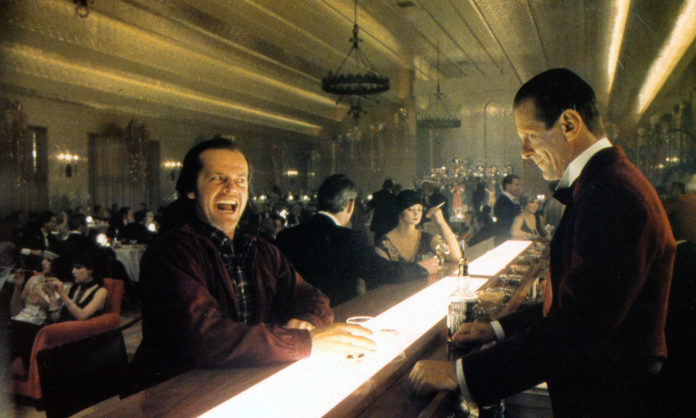In an article on Writers Write, Oliver Fox says any genre of story can be made creepy by using elements of the uncanny. “There’s something about that dimension of creepiness that enriches a story with another layer of emotional depth, so it stands out among more typical fare,” he says.
By uncanny, Fox means anything that seems familiar, but off or wrong. “Humans find Uncanny things creepy because they introduce ambiguity where previously there was none, so that we are no longer sure whether a person, place, or scenario is safe; perhaps they hide some unknown threat,” he explains.
So, how do you create this feeling in your writing? Fox recommends some techniques:
- Déjà Vu. Repeat scenes or narrative beats. “This will evoke déjà vu in the audience, making them question whether they have already seen this before,” Fox writes. “To increase their disorientation, make sure the repeated scenes and beats unfold slightly differently, leading to unexpected outcomes. That way, even if the audience realizes they have seen this moment before, it will throw them off when things don’t play out as they remembered.”
- Liminal Spaces, Simulations, & More. A liminal setting is somewhere we don’t spend much time – a gas station, a hotel or motel, waiting rooms, or airports. To increase a sense of unease in these settings, your character might also be in a state of flux, between jobs or relationships or a time of life. This creates a sense that one is only passing through temporarily, so when the audience is forced to linger in one of these places, it can make them feel uneasy. One way to make this setting uncanny is to play with expectations. “Depopulate a highly populated area or overpopulate a usually quiet spot. Here are some two-in-one examples: imagine a vast, empty movie set of a neighborhood in a warehouse all lit up with piped-in sounds of nature, people, and music echoing cavernously,” Fox says. “Or imagine a graveyard plot with a bunch of mannequins staged to look like they are attending a funeral.”
- Doppelgängers & Simulacra. Beings who look or behave like someone familiar can make us feel strange, combining the sense of déjà vu with a feeling that we’re being tricked. We might mistake a stranger for a family member or think that dolls or mannequins are people.
- Subtext-less Dialogue. Writers are often advised to never have their characters speak exactly what’s on their mind, so doing the opposite can make one stand out. “When someone expresses themselves fully and clearly, it often catches us off guard, unnerving us as we wonder what kind of game they’re playing at,” Fox writes. “Simply make the characters you want the audience to find unsettling speak their mind with unusual grace and candor—especially with that character’s darkest, most socially unacceptable sentiments.”












